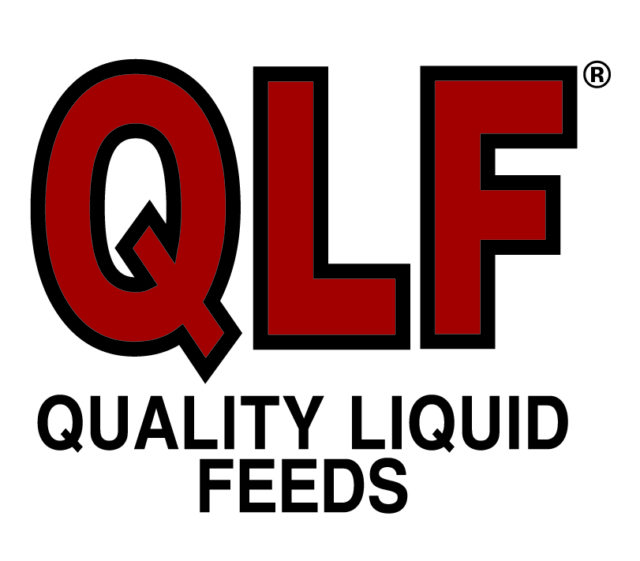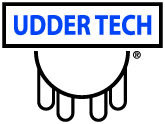Offsetting the production drop in India were increases in the U.S., Brazil, Australia and Russia, and to a lesser extent Argentina, the European Union (EU) and China.
The U.S. growth is expected to be led by heavier carcasses offsetting lower slaughter, while Brazilian production is driven by a number of factors including improved production techniques, government support and higher prices. Australian production is likely to be the result of higher slaughter, similar to Russia.
The huge drop in beef export expectations out of India will far outweigh supply-driven export growth from Brazil and Australia, although demand in China and Hong Kong is expected to help absorb extra production from Australia and Brazil.

Australia
A new Australian political party that wants to ban live exports and rodeos and heighten animal welfare awareness in Canberra has demanded federal Agriculture Minister Joe Ludwig’s resignation.
The fledgling Animal Justice Party (AJP) says it’s against animal cruelty atrocities relating to wildlife destruction, factory farming, animal transportation, companion and domestic animals, pet animals and the use of animals for sport and entertainment.
“We’ll advocate the toughening of animal protection laws, an increase in penalties for convicted animal abusers, the regulation and restriction in the sale and use of pets and enhance education in greater awareness and appreciation of the needs of animals,” the AJP’s website says.
The AJP says it plans to run 10 Senate candidates at the upcoming Australian federal election and considering candidates for selected lower house seats. The announcement was timed to coincide with television programming broadcasting the animal cruelty vision surrounding live cattle exports to Egypt.
AJP’s candidates include Mark Pearson in New South Wales (NSW) and Katrina Love in western Australia. Pearson is the Animal Liberation NSW executive director who recently caused outrage in the agricultural community by purchasing a drone fitted with a camera, saying it would be flown over farms to capture potential animal cruelty evidence.
The threat prompted Northern Territory Cattlemen’s Association president David Warriner to say the drones were invasive and could become shooting targets if they caused any disturbance to animals.
Love is the coordinator behind a Stop Live Exports rally held in Fremantle last November, where about 1,100 protesters dressed in black and formed a human chain across the Stirling Bridge as a symbolic gesture against live exports.
At the same time, another 900 farmers and industry supporters demonstrated their strong support for the live export trade. A similar scenario unfolded at the ALP’s Community Cabinet meeting in Perth in March attended by Prime Minister Julia Gillard, but only modest numbers attended the event.

Brazil
Indigenous farmers in Brazil’s Roraima region are to benefit from a foot-and-mouth disease (FMD) vaccination program. Over a 40-day timetable, government-sponsored immunizations will cover 50,000 cattle across 218 indigenous holdings in the north of the country, near the Venezuela and Guyana borders.
The decision comes as a confidence boost for cattle health in Roraima as its foreign borders lead to Venezuela, where FMD risk is classified as high, and Guyana, which has no official data.
Weather and transport challenges are expected to hinder the progress of the five teams of technicians. Rainy season damage has left roads barely passable and bridges in disrepair. But despite acknowledging difficult conditions, Jose Nobrega, livestock minister, has said the project will go ahead because of its economic importance.
“Health assurance certification and FMD-free status would mean that Roraima cattle could be sold in other states,” said Mr. Nobrega. Federal Superintendent of Agriculture Divine Gouvea has said the money for the project will go towards transport and operational costs.

Canada
The EU’s ambassador to Canada said special access for agriculture goods is the last obstacle to a trade deal between Brussels and Ottawa and drew a line in the sand over how much market access the EU could offer Canadian beef producers.
Ambassador Matthias Brinkmann says the EU could admit upward of 40,000 MT of Canadian beef per year but couldn’t go much further without upsetting countries such as Ireland and France.
Brinkmann said he can see the way to a deal once both sides settle on how much Canadian beef and additional European cheese would be allowed into respective jurisdictions.
“There are other smaller things like public procurement, urban transport and rules of origin for cars and things like that we are working on. We know more or less where it will end,” he said. “It hinges now on agriculture.”
A spokesman for the Canadian government refused to comment on Brinkmann’s 40,000 MT-plus offer, saying Ottawa would not bargain through the press.
“The process of negotiations continues to unfold, and negotiators are meeting frequently to explore solutions to the remaining issues,” said Rudy Husny, press secretary to International Trade Minister Ed Fast.
The Conservative government, with its deep western Canada roots, has been especially attentive to the needs of beef producers during the EU talks. The Canadian Cattlemen’s Association was guarded in its response to Brinkmann’s comments and declined to say how many tons of beef access its members want.
John Masswohl, director of government and international relations for the association, could not say whether the figure the EU embraced publicly offered the basis for a deal.
“We have not been talking about a number out there in the public because the number is only one element,” he said. “We need to know what does the quota cover; we need to know what kind of beef. How are they going to count it? Is it all beef? Is it veal? Does it cover bison?”
Brinkmann said he hopes a deal can be reached by the summer. “Without an agreement, there will be no more beef [shipments] at all,” he noted.
Ottawa is in a race against the clock now that the EU is turning its attention to a separate accord with the U.S., a development that threatens to overshadow EU negotiations with Canada.
This long-delayed agreement would be Canada’s biggest since the 1993 North American Free Trade Agreement (NAFTA). It would make it easier for Canadian companies to sell goods and services to the 27-member EU with its 500 million consumers. ![]()
Clint Peck is former director of Montana’s Beef Quality Assurance program.








